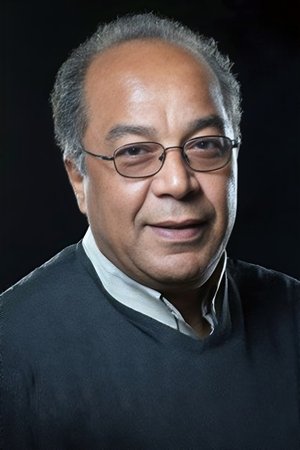Cheikh Djemaï (b. 1954)
Birthplace:
Maghnia, Algeria
Born:
January 1, 1954
Cheikh Djemaï, born in 1954 near Maghnia in Algeria, is a Franco-Algerian director. Coming with his family to join a father who spent a time in the mines of the North, Cheikh Djemaï grew up after 1959 in the shanty town of rue des Prés then in the André Doucet transit city known as the “old city”, both located in the Chemin de the island. Cheikh Djemaï left exceptional housing in the 1970s, bruised by bullying and forced orientations in the Voltaire schools and at the Joliot Curie college where he was oriented in CEP molding. He became closer to theater (as a lighting designer at the Théâtre des Amandiers), culture and politics thanks to his older brother, himself linked to Christian activists working with immigrants in Nanterre. During these ten years spent at the Amandiers theater in Nanterre, he rubbed shoulders with the greatest: traveling companions of Pierre Debauche, Antoine Vitez, Patrice Chéreau, Roger Planchon, Daniel Mesguish, at Wajda. Little by little, he embarked on a career as a director, first of fiction and then of documentary. Always from Nanter, his outlook remains closely linked to the stories of immigration. After collaborating on various shows as well as television magazines, he began making more personal films. He directs: “La Nuit Du Doute” (a fiction) drama about young North African girls; “Mémoire Du Voyage”, a powerful and moving document on the Gypsy community; “Paroles D’Exil”, a moving testimony about those who had to flee terrorism in Algeria; “Les Charbonniers De Surface” (1996), about a profession from another time; "Frantz Fanon" (2001), in which he recounts the journey of this doctor-psychiatrist of West Indian origin, this writer, this visionary, this activist, who after having fought with the forces of Free France during the Second World War , commits body and soul to the battle for the decolonization and independence of Algeria; “Le Onze Du FLN”, in which he evokes the epic tale of Algerian star footballers who left their French clubs in 1958 to create the first Algerian team in the middle of the Algerian war in “Anonymous” (1998). Cheikh Djemaï opens our eyes to a reality that is often hidden, and perpetuates the memory of women and men whose memory must remain alive and intact. This demanding director, a man of anger and passion, blows like a wind of hope and gives new meaning to the word solidarity. Cheikh Djemaï makes us feel alive, fighting. He encourages us to fight against amnesia as in his film “Nanterre, Une Mémoire En Miroir” (2006) and reminds us of our faculty of indignation. In 2018 he released the documentary “The Battle of Algiers, the Footprint”; in this film Cheikh Djemaï returns to the genesis of Gillo Pontecorvo's feature film, The Battle of Algiers (1965). Through archive images, extracts from the film and interviews with personalities, the filmmaker retraces the journey of a major work - from the events of the Algiers Casbah (1956-1957) to the presentation of the Lion of 'Or causing the anger of the French delegation in Venice - which left its mark as much in the history of cinema as in that of Algeria.





